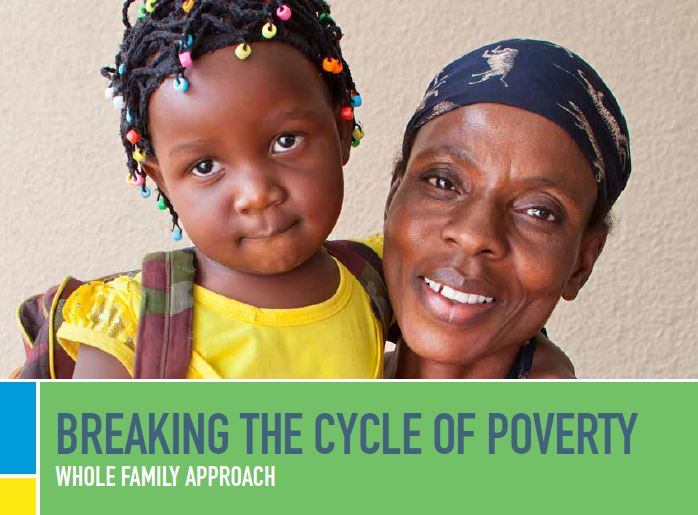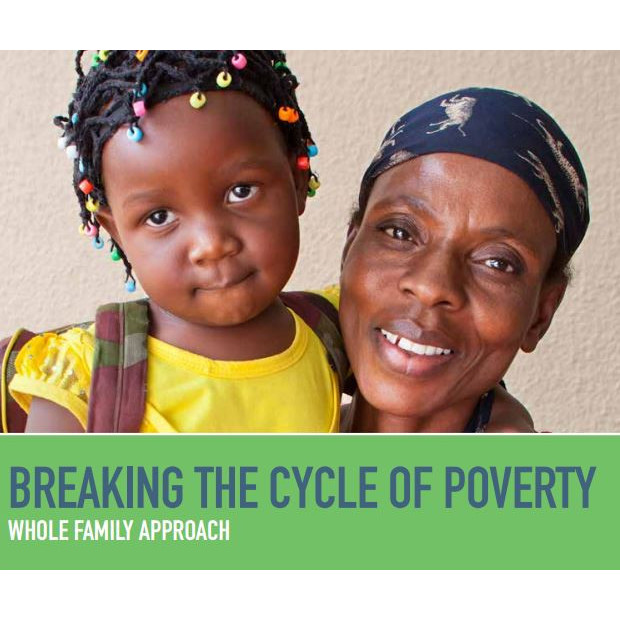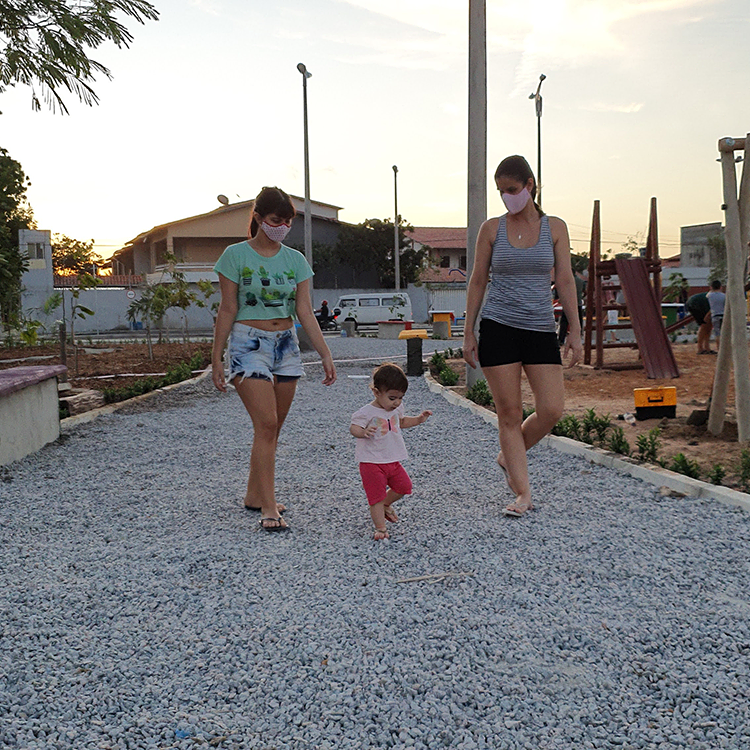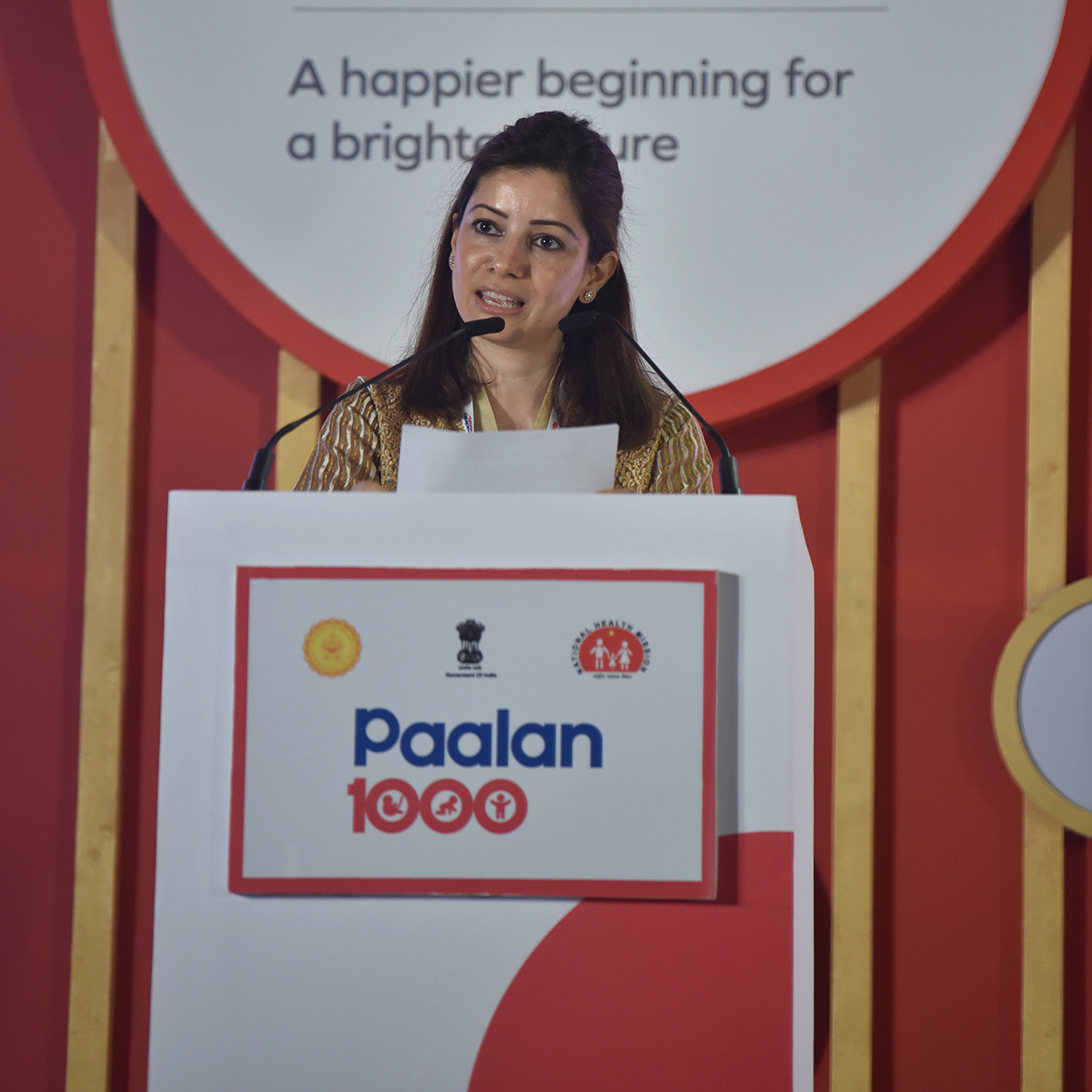One of the first principles that one learns in studying child development is the importance of an ecological approach. This approach assumes that child development is most directly influenced by the family and in turn the family is influenced by the community and the policies that surround them.
This concept is fundamental to the new report released by Ascend at The Aspen Institute and the Bernard van Leer Foundation, Breaking the Cycle of Poverty: Whole Family Approach. The report is the culmination of work launched by the two organisations to develop an approach that recognises the importance of both quality early childhood services and efforts to improve conditions in the family. This work builds on the pioneering work of Ascend to promote a “two generation approach”, which is essential for reducing poverty and improving child development.

In launching this new framework, BvLF hopes to encourage more early childhood programmes to increase their engagement with families and to reach out to new partners in the community who may be working with the adults in children’s lives in areas such as employment, training and income support programmes or health, nutrition and social support. At the same time, it is our hope that organisations that provide such services, including colleges and training programmes, recognise the importance of integrating parenting support within their services and partner with those organisations in a community that serve children. No one programme can do this alone; partnerships are essential.
If we want to address poverty and the impact it has on children, we have to help increase the employment and education prospects of parents and break the inter-generational cycle that can plague poor families. The examples in this report document successful efforts taking place around the world that can broaden our thinking and promote new initiatives. As the cover quote on the report reminds us:
The demographics of families in poverty around the world may be diverse, but parents’ dreams for their children are similar everywhere: good health, a good education, economic stability and a better future.
We hope that this framework will add to the growing interest and innovative efforts to support early childhood development and provide parents the support they need to be successful.




